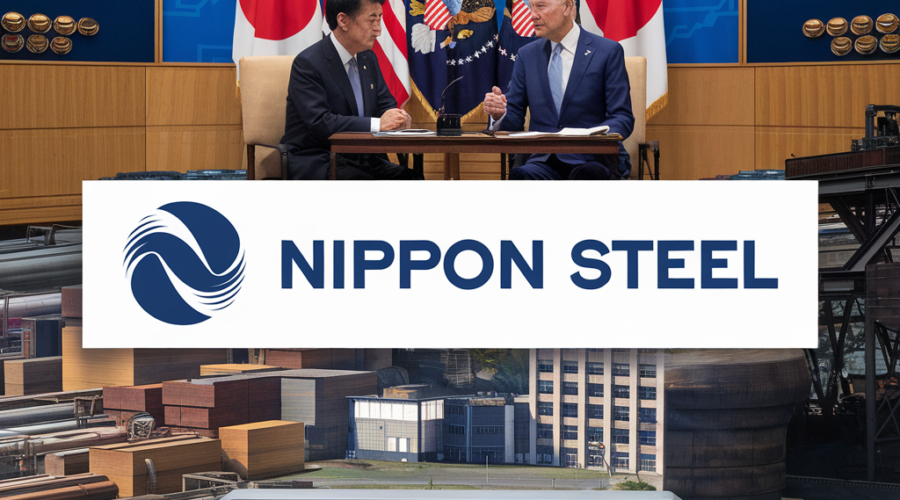- Strategic Acquisition: Nippon Steel’s $14.9 billion bid to acquire U.S. Steel aims to strengthen its Western market presence and enhance economic ties between Japan and the U.S.
- Key Players: Nippon Steel, one of the world’s largest steel producers, seeks to expand globally, while struggling U.S. Steel views the deal as a lifeline.
- Political Tensions: President Biden’s decision to block the takeover has sparked a diplomatic row, with Japan’s PM expressing strong concerns over the move’s impact on bilateral relations.
- Economic Impact: The deal could increase competition in the U.S. steel market, potentially benefiting consumers but raising concerns about job security and supply chain resilience.
- Regulatory Hurdles: The acquisition faces significant regulatory challenges, including scrutiny from the Committee on Foreign Investment in the United States (CFIUS) and domestic approvals in Japan.
- Global Competitiveness: By integrating advanced technologies and operational practices, the deal aims to enhance Nippon Steel’s competitiveness in the global steel market.
- Public Sentiment: While labor unions and local communities have expressed concerns about job security, business lobbies in both countries have pushed for the merger.
- Historical Precedents: Previous foreign acquisitions, such as Tata Steel’s acquisition of Corus in 2007, and the 2002 steel tariffs under President Bush, highlight the regulatory scrutiny and trade policy implications.
- Strategic Recommendations: Maintaining transparency, engaging stakeholders, and enhancing operational efficiency are crucial for navigating regulatory and public concerns.
- Future Outlook: Despite the current impasse, the deal’s potential impacts on the steel industry and international partnerships are significant, underscoring the need for a balanced approach that supports competitiveness while addressing local concerns.
Japan PM Urges Biden to Reconsider Blocking Nippon-US Steel Merger Amid Economic Concerns





